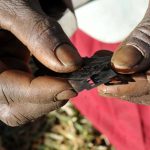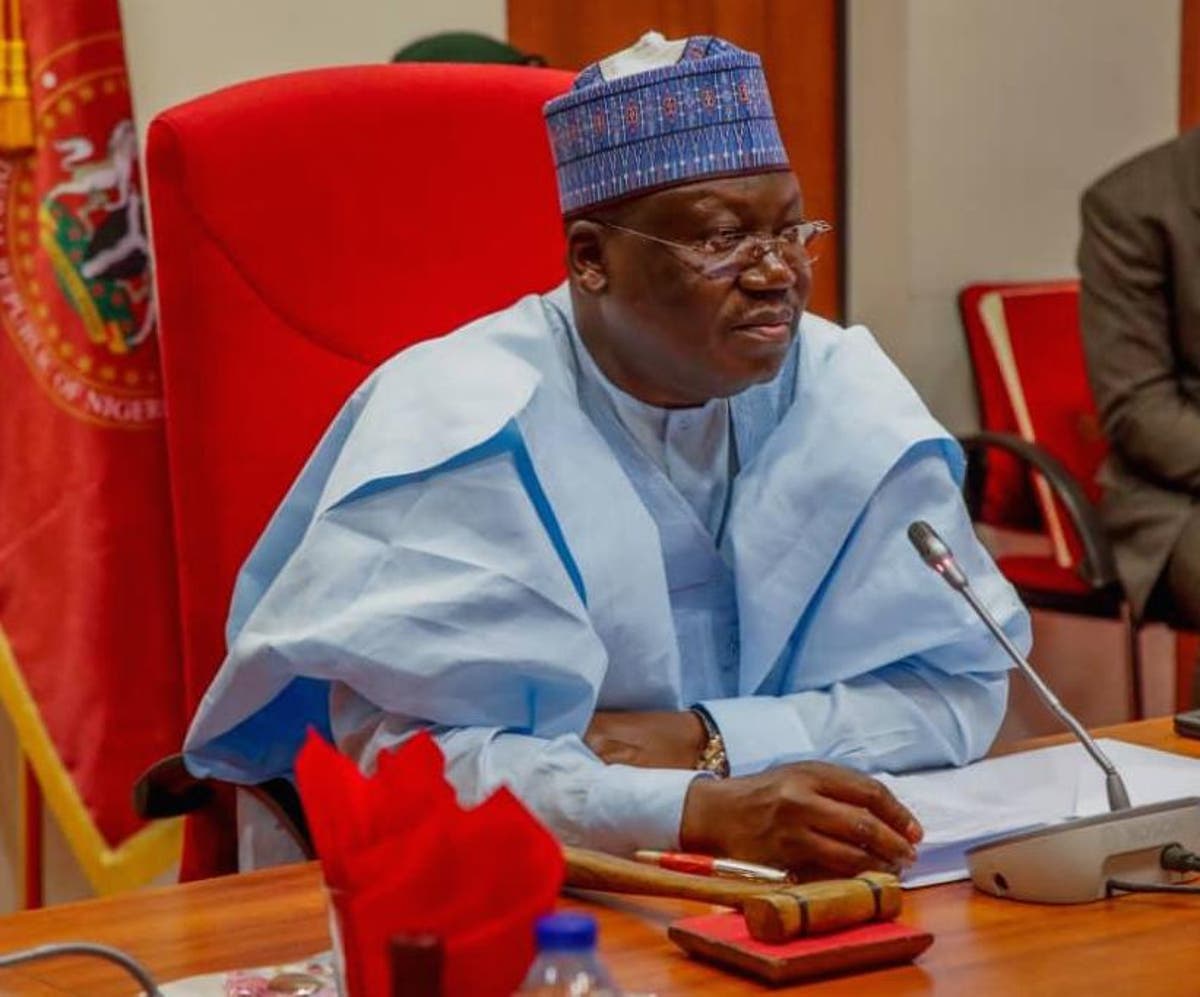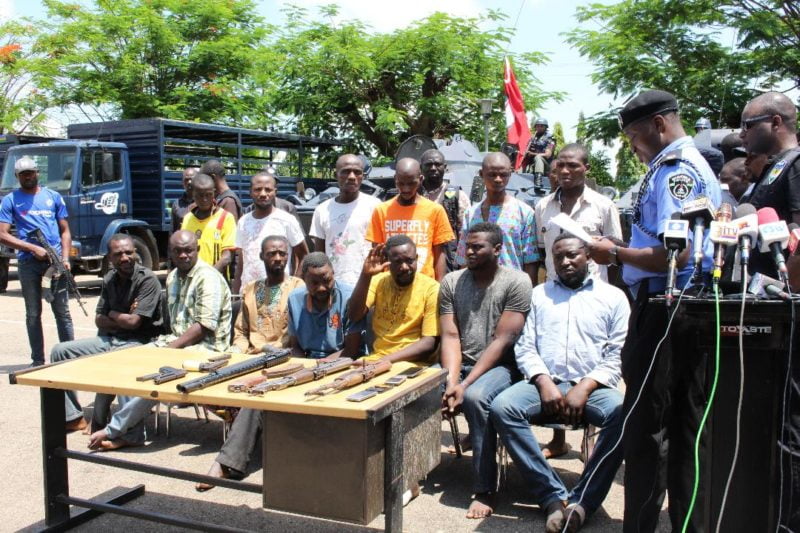This writer has never been hostile to Igbo nationalism. In fact, he is enamoured with it. He however still believes in the infinite possibilities inherent in a true or proper Nigerian federation. It is the case that the failure of the Nigerian federation to come to terms with the varied nationalism spirit of her constituent units by way of devolution or shared powers has been the cause of the many tragedies of the Nigeria country. There have always been those who claim, for instance, that if the arrangement with Odumegwu-Ojukwu at Aburi had been firm at the threshold of the agitation for a Republic of Biafra, Igbo nationalism would have gone away or evaporated. There are others who believe that separation should have been granted or allowed from the beginning, as a matter of course.
I am prepared to admit that there were things wrong with the running of the Nigerian federation in the First Republic, chief among which was a flawed constituency delimitation and a skewed population census contrivance. There may be no going back on past errors but there are no reasons for repeating them. Each time I ponder on the growth and fervency of minority ethnic tribes’ nationalism or particularly of Yoruba nationalism, I hold the view that the results of these agitations, if successful, would lead to a repetition of all the evils inherent in what has happened or could have happened in Biafra. Even though there is no Biafra nation today, the Nigerian federation is a sorely divided entity. There are many disparate communities. All are profoundly unhappy or at one another’s throat. This is one disconcerting example of the tragedy of the Nigerian nation.
If Walloons and Flemings can form one Belgium, or if Schwyzer Dutsch, Suisses Romands, and Ticinesi can form one Switzerland, if Allemanisch-speaking Alsace can be part of France, and French-speaking Breuil or German-speaking Bolzano are inextricable part of Italy, there appears to be no valid reason why the Nigerian federation cannot be truly federal or united, provided those who hold the ace today are willing to make necessary or reasonable adjustments.
The spectre of a Nigeria split along ethnic, geographic or emotive lines is too frightening to project. We will only have succeeded in allowing ourselves to be converted back into numerous little independent states each played off against the other by commercial and political rivals; each one totally unable to defend itself, and resting for defence on foreign anti-ballistic missiles or even AK-47 guns or Kalashnikovs.
The attempt in this essay is to paint the true picture of Nigeria as a country which manifests the paradox of elective dictatorship, of an overbearing federal or central authority possessing near-absolute powers in theory but unable to exercise them in practice, arrogant but possessing insufficient authority, bedevilled with an impotent or over-humble National Assembly, and saddled with a fawning or sycophantic bureaucracy. I am suggesting that Nigeria, even in its present attenuated form, is too large or diverse to be operated as a unitary state.
One cannot pretend to be pleased with the scheming, and the pretensions or taradiddles of the ruling political party to handle the national question. It seems to me that it has failed to cross the necessary logical bridges. Compromises may offer a solution but when they are un-tenable or un-principled they miss the point altogether. You cannot have a system which is at once federal and unitary. It is gauche to vest local or native authorities with jurisdictions that are concurrent with those of parliament. Devolution must in principle devolve powers from the Constitution. This means defining the frontiers of jurisdiction as has been ably done in the United States, in Canada, in Australia, in Germany, or in Switzerland between what can be done by the central government and legislature and what can be done by States, Local authorities, etc. (by whatever name called). It is not proper to allow local authorities to legislate in such a way as to infringe the rights of individuals which rights are expressly guaranteed in the Constitution or by international law. It is regrettable that the terms on which we are to be fellow citizens within the Nigerian society should be markedly different according to whether we are Hausa/Fulani, Igbo, Yoruba, Ijaw, Berom, Nupe,Tiv, Jukun, Bachama, Urhobo, Ibibio, etc.
The general dis-satisfaction with the way the Nigerian state is run is the reason for the expressed desire or muffled dis-content of many of her constituent parts to pull out of the Federation. But they have yet to exhaust the opportunities provided for relieving the country’s recurrent political, social and economic difficulties even as the profound understanding of the underpinnings of those circumstances properly situate or underscore the requirement to adopt the report of the 2014 National Conference. The report has presented us with a document that is development or people-oriented; that abjures regional or ethnic control or a sectarian ambush of the polity; that spreads general wellbeing; that is reflective of our desire to truthfully bear the name or appellation “Federal Republic of Nigeria” – a truly federal, republican and democratic entity. The adoption of many of the document’s thrusts is sure to relieve the present palpable tension or sense of angst.
Going by the unwritten but popular practice of rotating the presidency among various geo-political zones since 1999, it will appear to be invidious for the practice to be abandoned midway or before it runs its full course on the basis of a devious argument respecting a phony merit criterion. The South-east is the only zone in the southern region that has yet to produce a president even as per the arrangement. The pendulum ought to swing to the south this time around for the people of the South-east to pick the slot. This rotational prescription though not a stipulation of the Constitution or of the electoral law is happily commonly shared by the country’s two major political parties and envisioned as a stabilising factor. The kite flown about two weeks ago by a northern leader of thought, Mallam Mamman Daura, against the wind of the requirement to allow the rotational arrangement to continue undisturbed must be observed as self-serving and a non-sequitur. It is ominous too and capable of derailing the present sense of peace anchored on the expectation of a turn-by-turn panoply. Daura has dubiously argued that the only criterion for nomination for the office of president of Nigeria should be competence. It is however a moot point that every section of the Nigerian community is able to produce a competent person as candidate for the premier national office. It will be grossly unfair and out of tune for the rotational arrangement to be scuttled against the people of the South-east.
Ndi-Igbo, as the people of the South-east zone prefer to be referred to in apparent deference to their avowed communal spirit, unfortunately have yet to appreciate or recognise spiritual accoutrement as key to their ordination. They set great store or value by material possessions. They rely on what they can see, feel or touch. This empirical attitude finds eminent expression in many issues of social, inter-personal and spiritual implications respecting the people. In politics, the professions, in the public service, the trades or vocations, etc. Ndi-Igbo manifest the relationship as exist between numbers and other measurable quantities.
They generally under-rate or disclaim the metaphysical dimensions of things that cannot be held or touched. But a people’s humanistic appreciation ought to include such variables and/or constants as substance, essence, space, time, possibility and necessity. The paradigmatic example of the Ndi-Igbo attitude to life can be gleaned from the people’s ethics, psychology, politics, theology, liturgy, etc. exemplifying itself in the effusive appreciation or valorisation of an individual’s material net worth or of his substantive and substantial physical or material possessions or his contribution to his own personal development or of his immediate relations.
This indubitably fair diagnosis or comment on the Ndi-Igbo socio-political condition is not positioned to disparage the understanding of Igbo nationalism efforts. The grievances to which the efforts give expression are genuine; they are indefeasible. It must be borne in mind that it is not out of step for the Nigerian nation to give the Ndi-Igbo persona a chance regarding the office of president. It is proper to predict the necessity for the slot of the two major political parties to go to the South-east in the manifest interest of cohesion and congruence.
This narration seeks to expose the general, somewhat mischievous or convenient, misunderstanding of the Ndi-Igbo trajectory in Nigeria.
Rotimi-John, a lawyer and commentator on public affairs, wrote vide lawgravitas@gmail.com
THE GUARDIAN





2 Comments